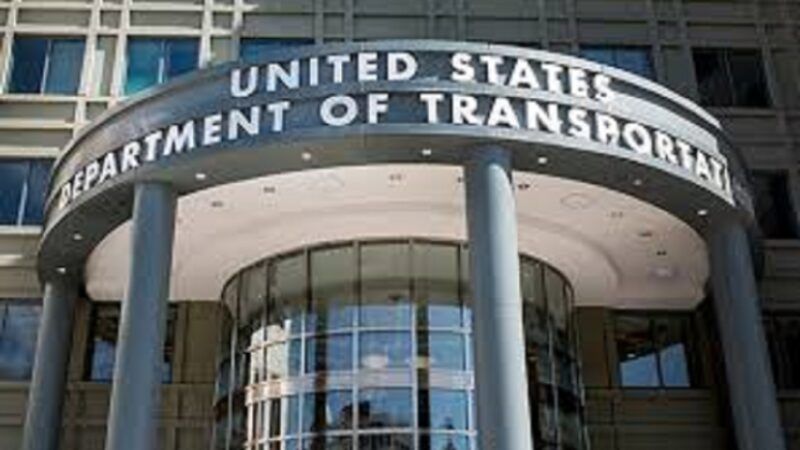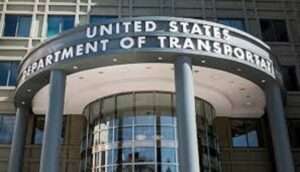Federal Court Rules Against Trump Plan to Condition Federal Transportation Grants to States on Cooperation with Federal Deportation Efforts
The ruling is the latest in a long line of court decisions striking down executive efforts to attach conditions to federal grants that were not approved by Congress.


Yesterday, in a lawsuit brought by twenty state courts, federal District Court Judge John J. McConnell, Jr. ruled the Trump Administration violated the Constitution when it tried to deny federal transportation grants to states that refuse to help federal authorities detain and deport supposed illegal migrants. The court ruled the Department of Transportation acted illegally because Congress had not authorized it to impose any such conditions on transportation grants, and because immigration enforcement has no meaningful connection to the purpose of the grants:
Defendants' conduct violates the [Administrative Procedure Act] because they acted outside of their statutory authority when they issued the Duffy Directive and imposed the IEC categorically across all U.S. DOT grants when Congress appropriated those funds for transportation purposes, not immigration enforcement purposes….. Congress did not authorize or grant authority to the Secretary of Transportation to impose immigration enforcement conditions on federal dollars specifically appropriated for transportation purposes….
These conditions violate the Spending Clause as well; the IEC is not at all reasonably related to the transportation funding program grants whose statutorily articulated purposes are for the maintenance and safety of roads, highways, bridges, and development of other transportation projects. The Government does not cite to any plausible connection between cooperating with ICE enforcement and the congressionally approved purposes of the Department of Transportation. Under the Defendants' position, the Executive would be allowed to place any conditions it chose on congressionally appropriated funds, even when it would be entirely unrelated to
the Department's purpose. Such is not how the three equal branches of government are allowed to operate under our Constitution.
This ruling follows a similar April decision by another federal district court, barring the Trump Administration from denying federal grants to "sanctuary" jurisdictions, which refuse to assist some types of federal immigration enforcement policies.
The two rulings are obviously right, and completely predictable - and, in fact, predicted by me. During Trump's first term, federal courts repeatedly struck down administration efforts to pressure immigration "sanctuary" jurisdictions by attaching conditions to federal grants that were never authorized by Congress. Last November, I predicted we would see a repetition of this pattern under Trump 2.0. It wasn't a hard prediction, and I don't deserve any great credit for it.
In the November post, I noted longstanding Supreme Court precedent holds that conditions on federal grants must 1) be enacted and clearly indicated by Congress (the executive cannot make up its own grant conditions), 2) be related to the purposes of the grant in question (here, transportation grants cannot be conditioned on immigration enforcement), and 3) not be "coercive." Trump repeatedly ran afoul of these requirements in his first-term efforts to coerce sanctuary cities. And it would seem he hasn't learned from his errors.
For more detail, see my Texas Law Review article assessing litigation arising from Trump's first-term actions targeting sanctuary jurisdictions. In that article and elsewhere, I also explain why immigration sanctuaries (and conservative gun sanctuaries) are beneficial, and why judicially enforced limits on conditional grants provide valuable protection for federalism and the separation of powers.
Judge McConnell's decision is just a ruling on a preliminary injunction. There is no final decision in this case, and the Trump Administration will probably appeal. But barring a radical break with precedent, that appeal and others like it are extremely likely to fail - and for good reason.
